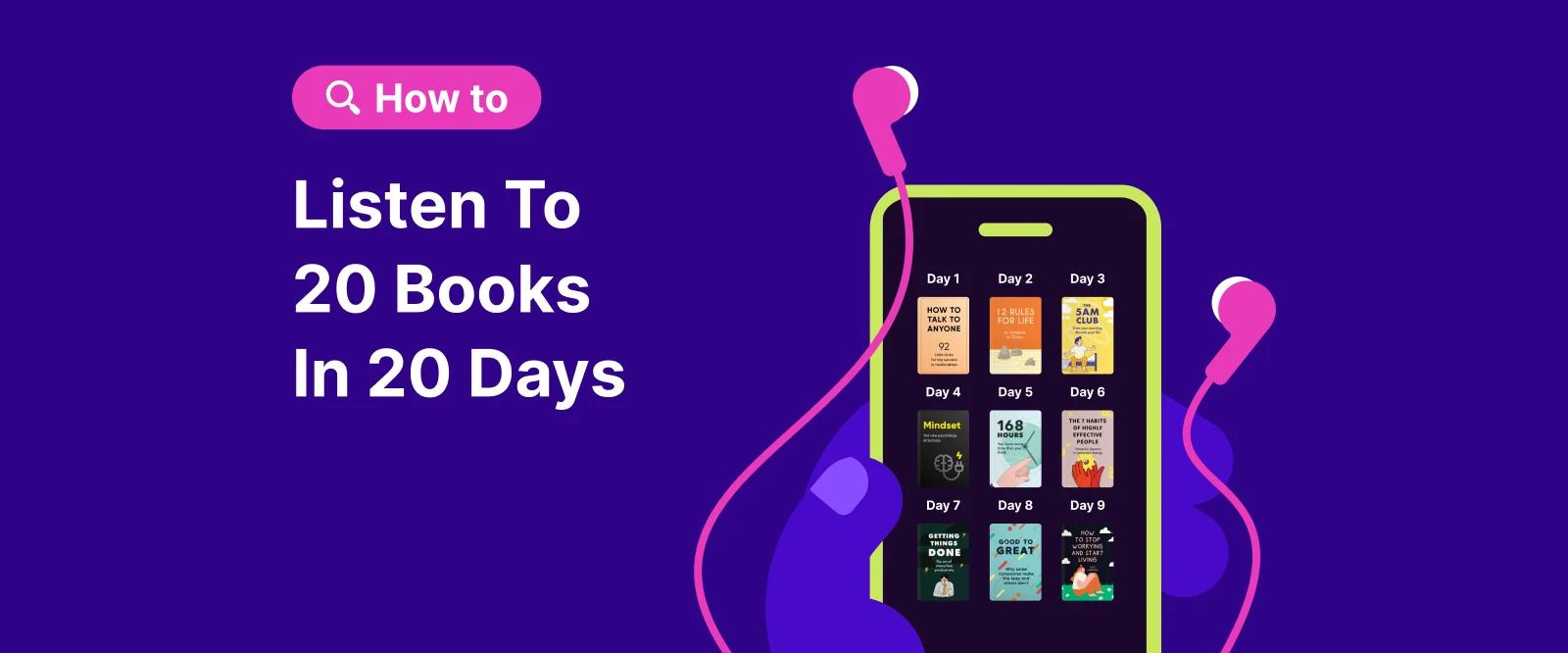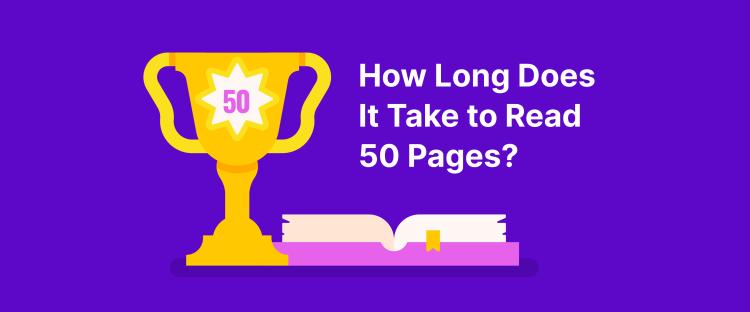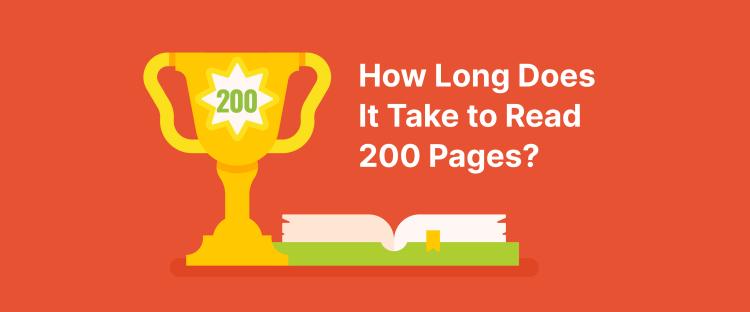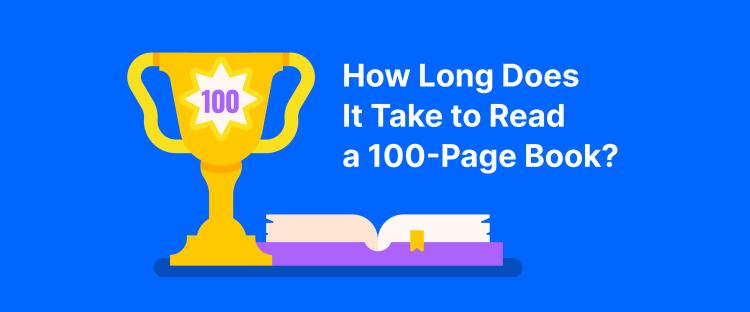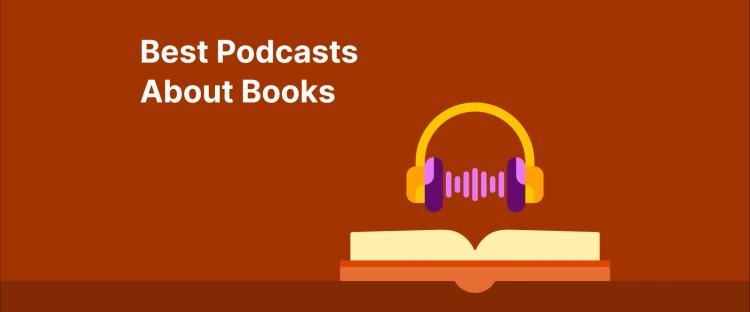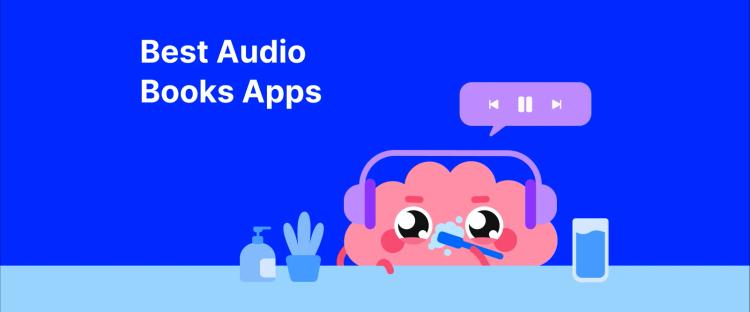Have you ever wondered how you could listen to 20 books in 20 days? Whether you're an avid reader or a bookworm just getting started, this comprehensive list of bestsellers and daily challenges will help you read books faster, all while expanding your knowledge and learning habits!
From James Clear's 'Atomic Habits' to Benedict Carey's 'How We Learn', 15-minute audiobook summaries in the Headway library are your cheat codes for finishing at least one life-changing book a day. With these bite-sized reads, you can get the key ideas from fiction and nonfiction bestsellers and start your journey toward self-improvement now.
Download the Headway app and read (or listen to) more books in less time!
Quick tips to finish 20 books in 20 days:
Listen daily: Set aside 30 minutes each day.
Mix genres: Balance fiction and nonfiction.
Set realistic goals: Aim for one book summary per day.
Use audiobooks and summaries: Maximize learning with 15-minute summaries.
Track your progress: Use a habit tracker for motivation.
A complete list of hacks to improve your retention and build a daily learning routine is coming up!
📘Get the Headway app and level up your reading skills!
Take on the 20-in-20 challenge: How listening to one book a day will boost your growth
The 20-in-20 challenge involves listening to one audiobook summary every day for 20 days. This challenge helps build a consistent learning habit and enhances knowledge retention. It boosts productivity, enhances learning, and creates lifelong habits.
With nonfiction bestsellers like 'Rich Dad Poor Dad,' '48 Laws of Power' and new book releases in the fiction category featured on the New York Times bestseller list, choosing books from various genres can improve your reading experience and keep it engaging. Here are the top 10 book recommendations to get you started!
Day 1. 'Atomic Habits' by James Clear
Exercise: "Habit stacking"
After listening to a 15-minute summary of James Clear's 'Atomic Habits,' identify a small habit you already do daily, such as brushing your teeth or having a cup of coffee. Stack a new positive habit on top of it (e.g., after brushing your teeth, meditate for two minutes). Start with one new habit and focus on making it automatic.
After 20 days, assess how consistently you've been able to incorporate the new habit. How does this small addition to your routine affect your overall productivity and well-being?
Day 2. 'The 48 Laws of Power' by Robert Greene
Exercise: "Master the art of strategic deception"
Select one of the laws from '48 Laws of Power' that resonates most with you (e.g., Law 3: Conceal Your Intentions or Law 6: Court Attention at All Costs). For the next week, apply this principle subtly in your daily interactions. Take 20 minutes each day to plan and reflect on a situation where you can implement this law.
At the end of the week, reflect on how applying this principle shifted the dynamic in your interactions or goals. Did you gain more control in situations or achieve a desired outcome? Write down any shifts in your approach to power and influence you noticed over the week.
Day 3. 'The 5 AM Club' by Robin Sharma
Exercise: "The 20/20/20 formula"
Commit to the 5 AM routine suggested in 'The 5 AM Club.' Use the first 20 minutes for intense exercise, the second 20 minutes for planning or learning, and the third for personal reflection or meditation. Implement this routine for a week and observe any changes in your energy levels, productivity, and focus.
📘Stop scrolling, start growing with the Headway app!
At the end of the week, evaluate how waking up early and following the 5 AM routine impacts your day. Do you feel more productive or focused?
Day 4. 'Mindset' by Carol S. Dweck
Exercise: "Growth mindset journal"
Once you finish listening to the summary of 'Mindset' on the Headway app, write down one experience where you felt challenged or faced a setback. Then, reframe it using a growth mindset approach. Instead of saying, "I can't do this," change it to "I can't do this yet."
Review your journal at the end of the 20 days and notice the shifts in your perspective toward challenges. Have you become more resilient and optimistic?
Day 5. 'Ikigai' by Francesc Miralles and Hector Garcia
Exercise: "Find your Ikigai"
Follow the four pillars described in 'Ikigai' — What you love, What you're good at, What the world needs, and What you can be paid for — and create your personal Ikigai diagram.
📘Find more insights in Headway book summaries!
Spend time each day aligning one of these four areas in your life and take action toward moving closer to your Ikigai. At the end of the 20 days, write a brief reflection on whether you've found a more profound sense of purpose and fulfillment.
Day 6. 'How We Learn' by Benedict Carey
Exercise: "Spaced repetition practice"
Implement Carey's advice on spaced repetition to improve retention. Take key concepts from 'How We Learn' and review them at increasing intervals. For example, review your notes on Day 2, then Day 4, then Day 8, and so on.
After completing the 20 days, note whether the spaced repetition has helped you retain more information. Do you feel more confident in recalling the concepts you've learned?
Day 7. 'Your Best Year Ever' by Michael Hyatt
Exercise: "SMART goal setting"
Use the SMART method (Specific, Measurable, Achievable, Relevant, and Time-bound) described in 'Your Best Year Ever' to set a goal you can achieve in the 20-day challenge. Make sure this goal aligns with your personal growth or the theme of one of the books you're reading.
At the end of the challenge, assess your progress toward your goal. Did you achieve it? What challenges did you face, and how did the goal-setting framework help you stay focused?
Day 8. 'Secrets of the Millionaire Mind' by T. Harv Eker
Exercise: "Millionaire mindset affirmations"
Create a set of 3-5 affirmations based on Eker's principles from 'Secrets of the Millionaire Mind' ( "I think like a millionaire," "I manage money wisely," "I'm open to opportunities"). Repeat these affirmations out loud every morning for 20 days.
📘Try Headway and turn reading into a self-growth habit!
Keep track of any shifts in your financial behaviors, mindset, or decisions during this period. At the end of the 20 days, assess how your view on money has evolved.
Day 9. 'Own the Day, Own Your Life' by Aubrey Marcus
Exercise: "Daily energy audit"
Track your energy levels throughout the day using advice from 'Own the Day, Own Your Life.' Identify when you feel most energized, when you hit a slump, and what activities or foods impact your energy the most.
After 20 days, take a look at the patterns and evaluate what habits or routines helped you feel your best. Adjust your daily schedule to optimize for high energy.
Day 10. 'Rich Dad Poor Dad' by Robert Kiyosaki
Exercise: "Identify your assets and liabilities"
Take 20 minutes each day for the next week to list your assets (what brings money in) and liabilities (what drains money) as Kiyosaki recommends in 'Rich Dad Poor Dad.' Recognize how your current financial decisions impact your wealth-building potential.
After one week, reflect on how identifying your assets and liabilities has shifted your mindset about money. Are you more aware of the areas in your financial life that need attention? How can you start taking actionable steps to build more assets and reduce liabilities in the future?
Other popular reading sources: Novels, podcasts, and more
Need more online sources to support the challenge? Draw inspiration from the world's best novels like 'The Alchemist' by Paulo Coelho, 'The Great Gatsby' by F. Scott Fitzgerald, literary podcasts, and online book clubs.
📘Download the Headway app and become more productive, starting now!
Fiction novels
Utilizing fiction book summaries and reviews on platforms like Goodreads or Amazon can significantly speed up your reading (or listening) process. Add the following titles to your playlist with audiobooks:
1. 'The Alchemist' by Paulo Coelho
2. 'The Great Gatsby' by F. Scott Fitzgerald
3. '1984' by George Orwell
4. 'Pride and Prejudice' by Jane Austen
5. 'To Kill a Mockingbird' by Harper Lee
6. 'Harry Potter and the Sorcerer's Stone' by J.K. Rowling
7. 'The Catcher in the Rye' by J.D. Salinger
8. 'The Hobbit' by J.R.R. Tolkien
9. 'Brave New World' by Aldous Huxley
10. 'The Picture of Dorian Gray' by Oscar Wilde
Podcasts
Whether on a road trip, exercising, or winding down for the night, podcasts allow you to learn on the go. Try creating a playlist on Spotify or Audible, combining your favorite audiobook chapters and podcasts related to your interests. Save this list of book clubs and podcasts for your next reading session:
1. Read Learn Live
2. Books & Boba
3. The New Yorker: Fiction
Online book clubs
Joining a book club or online groups like BookTok or TikTok's book lovers can help you find great book suggestions and connect with other readers. Talking about your thoughts in a book review or chatting about your latest book in a group can make reading more fun and help you understand the book better. Here are some popular online book communities you can join:
1. Reese's Book Club
2. Between Two Books
3. Book of the Month
4. WNYC's Virtual Book Club
5. Goodreads Choice Awards Book Club
Three steps to track your reading progress and stay motivated
Tracking your progress is essential for staying motivated throughout the 20-day challenge. With these simple steps, you can always stay ahead of your reading game and retain more.
1. Get your habit tracker
A habit tracker is a simple tool to check off your daily reading. It helps you:
See how many books you have finished.
Keep yourself motivated to keep going.
Stay responsible for your reading goals.
Build a strong habit of reading regularly.
2. Set clear goals
Setting realistic reading goals helps you stay motivated and keep going. And sticking to your plan is easier when your goals are not too hard.
Use your time wisely and set a regular reading schedule to finish your favorite books faster. Clear goals help you build a good reading habit.
📘Explore the Headway app for quick lessons from nonfiction bestsellers!
3. Practice active listening techniques
Active listening helps you better understand and remember what you hear in audiobooks. Using features like bookmarks and notes in audiobook apps lets you go back and review important ideas.
Changing the playback speed is also useful, so you can listen faster or slower to match your comfort. These tips ensure you get the most from every book you listen to.
Use Headway book summaries to crush your reading goals
Overall, listening to 20 books in 20 days is possible with the right tools and resources. Let Headway be your companion for this challenge! With access to concise book summaries, built-in goal features, and a vast library of content, you'll stay motivated and crush your learning goals.
Want more learning tips, strategies, and techniques to read books faster and actually remember what you read?
Download the Headway app now and enjoy continuous access to global bestsellers in text and audio formats on any device!
Frequently Asked Questions
Is 20 books a year good?
Yes, reading 20 books a year is an excellent goal! It allows you to learn and grow while consistently avoiding burnout.
Twenty books a year is a realistic and attainable goal for many people, offering a balanced way to improve knowledge without overwhelming yourself.
What is the 20-in-20 challenge?
The 20-in-20 challenge is all about listening to one audiobook each day for 20 days straight to boost your learning and build a solid reading habit. Just imagine the knowledge you'll gain!
How can I select the right books for the challenge?
To select the right books for your challenge, focus on a mix of genres that spark your interest, including bestselling nonfiction, self-improvement, and popular titles from platforms like TikTok's BookTok.
It will enhance your reading experience, making it more enjoyable and engaging. Don't be afraid to explore new topics that intrigue you!
How does the Headway app help in this challenge?
The Headway app helps you tackle your learning challenges by offering quick book summaries and built-in goal tracking, keeping you focused and motivated. It's all about making your learning journey easier and more achievable!
How can I integrate learning into my daily life?
A great way to integrate learning into your daily life is by listening to audiobooks and podcasts while commuting or exercising. It makes learning feel effortless and keeps your mind engaged!
What are the benefits of using a habit tracker?
A habit tracker will help you see your progress, making it easier to celebrate those small wins along the way. It's a great way to keep your motivation high!

